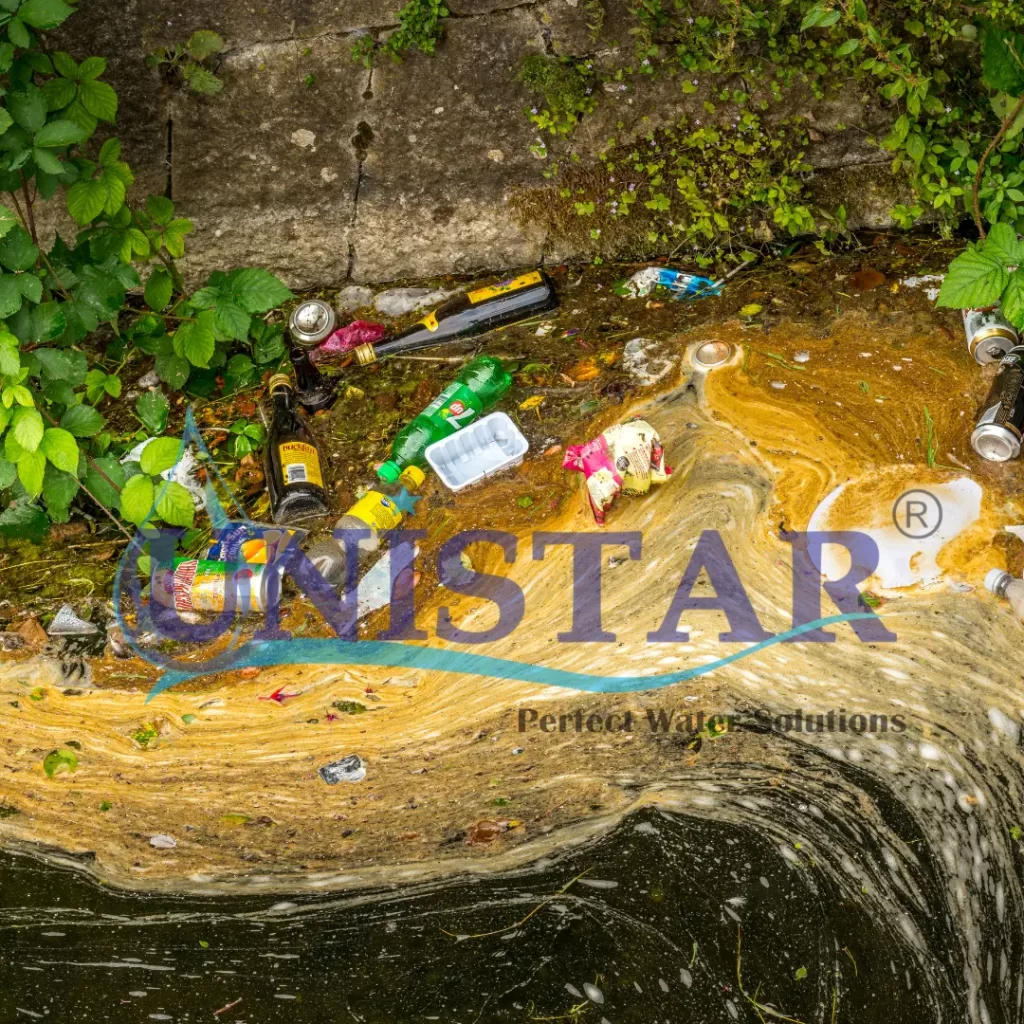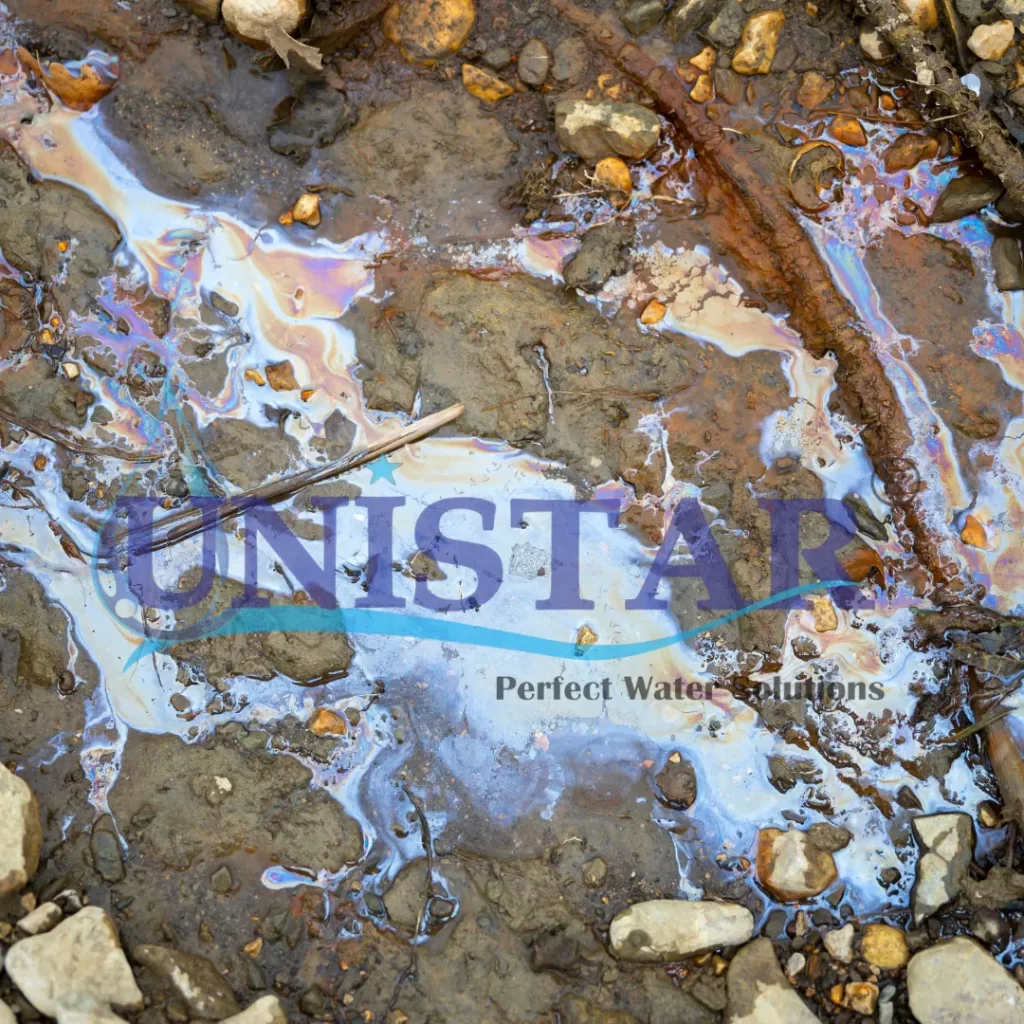Types of Soil Pollutants
Types of Soil


Soil is the thin layer of organic and inorganic components that covers the rocky surface of the Earth. The organic part is concentrated in the dark topmost topsoil and is obtained from the rotting remains of plants and animals. The inorganic part, which consists of rock fragments, was created over thousands of years as a result of the physical and chemical weathering of bedrock.
Productive soils are required for agriculture to provide enough food for the world. Still, with the rapid increase in population and industrialization, there has been soil and land pollution in every part of the globe.
What is Soil Pollution?
Soil pollution is described as the accumulation of persistent harmful substances, chemicals, salts, radioactive elements, or disease-causing agents in soils, which hurts plant development and animal health. Poor agricultural methods, insufficient irrigation, incorrect hazardous chemical and nuclear waste disposal, and a variety of industrial, military, and extractive operations, all contribute to soil pollution. Pollutants damage soils, exposing humans and wildlife living near former industrial sites and reclaimed areas to contamination if they are not carefully and adequately decontaminated.
Pollutants in soil
- It can occur in a variety of ways, including:
- Leachate from a landfill
- Industrial waste discharges onto the soil
- Contaminated water percolates through the soil
- Underground storage tank rupture
- Excessive use of harmful chemical pesticides or fertilizer
- Seepage of solid waste
Types of Soil Pollutants:
- Agents of biology: Inside the soil, biological agents operate to incorporate manures and digested sludge (derived from human, avian, and animal excrement) into the soil.
- Agriculture Practices: pesticides, fertilizers, herbicides, slurry, waste, and manure all pollute crop soil to varying degrees.
- Radioactive Pollutants: Radium, Thorium, Uranium, Nitrogen, and other radioactive chemicals can enter the soil and cause hazardous effects.
- Urban Waste: Waste and refuse items, dried sludge, and sewage from home and commercial waste comprise urban waste.
- Industrial Waste: Paper mills, oil refineries, sugar factories, petroleum industries, and others generate steel, pesticides, textiles, pharmaceuticals, glass, cement, and so on. Mining operations, nuclear fuel preparation, coal combustion, chemical manufacture, leather tanning, electronic waste, and industrial waste are all sources of heavy metal contamination.
Heavy metal contamination is a public health risk, particularly for youngsters and pregnant women, because heavy metals can become highly concentrated in soils and remain latent for many years without decomposing.
How to Control Soil Pollution?
A few suggestions for minimizing soil pollution are listed below.
1. CHEMICAL FERTILIZERS SHOULD BE USED LESS: Chemical fertilizers are more damaging than beneficial. While the right quantity can help the land become more fertile, too much might potentially poison it. Chemical fertilizers in excess could harm the soil in a variety of ways. It has the potential to alter the soil’s pH values. It could also wipe off beneficial soil bacteria. Not only that, but the runoff from such soils pollutes the water supply. As a result, utilizing chemical fertilizers is a two-edged sword.
2. BY PROMOTING REFORESTATION AND AFFORESTATION: Soil erosion, which is produced by deforestation, is one of the major sources of soil contamination. With an ever-increasing population, it is only logical that humanity requires more and more room to expand its civilization. It is frequently accomplished at the expense of soil health. Reforestation of a deforested area should be encouraged to avoid this from happening. In addition, afforestation in the arid plains should be encouraged. Plant roots link soil particles together and even catch beneficial microbes in the soil. It also guarantees that the subsurface water table is maintained.
3. PRODUCTS THAT CAN BE RECYCLED AND REUSED: These actions not only reduce waste output but also reduce soil pollution. Plastic now makes up a considerable component of the trash stream. The vast majority of these wastes are buried in landfills. Plastics and other debris decay slowly in landfills, releasing harmful compounds into the soil. These poisonous chemicals are extremely damaging to soil health and are a significant source of soil contamination. By repurposing and recycling items, we can ensure that fewer wastes are thrown into landfills, resulting in less soil pollution.
4. INVOLVING THE COMMUNITY: Everyone must participate to remedy a problem like soil pollution. Things are more likely to work out if they are involved. People could be educated about soil pollution through awareness activities. People would help even subconsciously if they were aware.
5. PROPER WASTE DISPOSA: Efficient garbage disposal, whether for industrial or residential trash, is one of the most effective strategies to reduce land pollution. This is especially true regarding the disposal of poisonous and hazardous waste.
6. ENCOURAGE THE USE OF ORGANIC MANURES: One of the best sources of nutrients for the soil is natural manure. It’s 100% natural and safe. It replenishes the soil’s critical nutrients and improves its overall health. It doesn’t produce any toxic by-products that could affect the soil or the environment. Purchase organic products, including cleansers, pesticides, insecticides, and fertilizers. Organic products have the advantage of being biodegradable and environmentally friendly.
Conclusion
By accumulating and sometimes concentrating toxins that wind up in the soil from numerous sources, soil acts as a natural sink for contaminants. Tiny amounts of contaminants accumulate in the soil and can reach significant levels and pollute the soil depending on environmental factors (including soil types) and the degradability of the released contaminant.
UNISTAR AQUATECH PVT. LTD. is a leading manufacturer in the water and wastewater treatment industry, renowned for delivering high-quality solutions tailored to both small and large-scale needs. As specialists in commercial and industrial RO plants, sewage treatment plants, and more, we pride ourselves on our exceptional customer support. For inquiries or support, reach out to us at +91-9811701883, 8588881234 or email india@unistaraquatech.com
